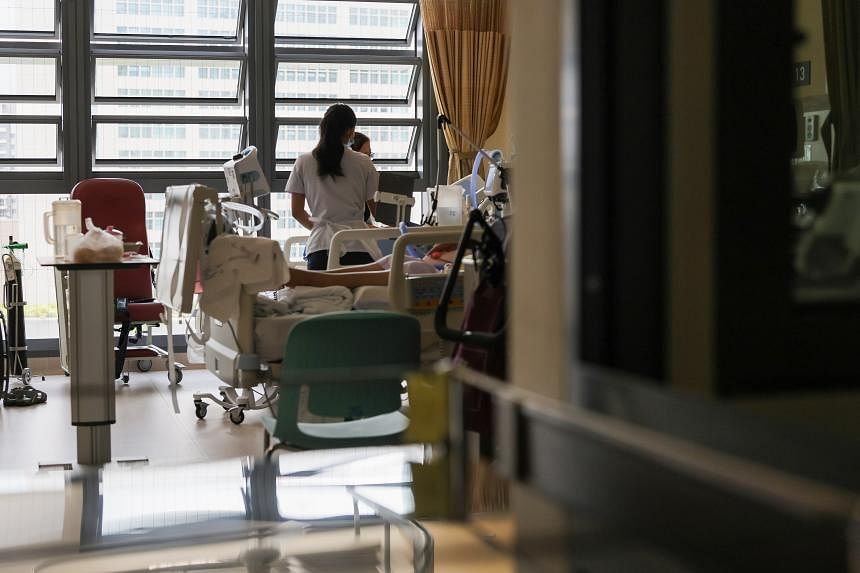SINGAPORE – Singapore needs to break the health insurance vicious circle or the escalating healthcare costs it creates will make paying for healthcare very painful, said Health Minister Ong Ye Kung.
With rising claims enabled by generous insurance policies leading in turn to rising premiums, the Ministry of Health needs to rein in the current very unhealthy buffet syndrome.
One step it has started to take is action against the minority of doctors making the most egregious and inappropriate insurance claims.
This will be done through the Claims Management Office, set up in 2022 to ensure that claims are appropriately made, said the minister in a hard-hitting speech at the Securities Investors Association (Singapore)’s – Sias – 25th anniversary members’ night.
Making a wry quip that he would talk about investing in health rather than securities, Mr Ong outlined the steps that needed to be taken to keep healthcare spending, currently under 5 per cent of gross domestic product, from rising too rapidly.
Mr Ong said the “audience of learned investors” would know health spending is not an investment.
Rather, health spending is highest when people become ill and need diagnostic tests and treatments to repair their bodies, he noted.
Naming insurance as a key driver of rising costs, he said insurance companies need to take a hard and realistic look at their product design, and rein in generous and unsustainable benefits such as no limits on claims and very low co-payments.
Overly generous benefits lead to a “buffet syndrome” of healthcare consumption, he said.
Mr Ong said: “You see a doctor for a certain condition, maybe surgery is required, and the first question the nurse asks you: Are you insured? Got IPs or not? Got rider or not?
“If yes, you may get more diagnostic tests, more expensive treatments may be prescribed. As a patient, you will be happy to receive them, because the insurance company is paying for it. This is the classic ‘buffet syndrome’. It is paid for, eat more. It is natural human behaviour, happening all over the world, especially in healthcare.”
Mr Ong said competition among insurance companies has aggravated the buffet syndrome and is pushing up healthcare costs.
And yet, the latest financial reports of insurance companies show they are hardly making profits on their health insurance portfolios, he noted.
“I think we may be in a health insurance vicious circle, of overly generous insurance policy design leading to a buffet syndrome and more non-critical or even unnecessary tests and treatments being prescribed, which in turn lead to bigger bills and higher premiums for all,” said Mr Ong.
The MOH has been studying the situation, he said, adding: “Our conclusion is that there is intense competition between insurance companies that is risking a race to the bottom.”
